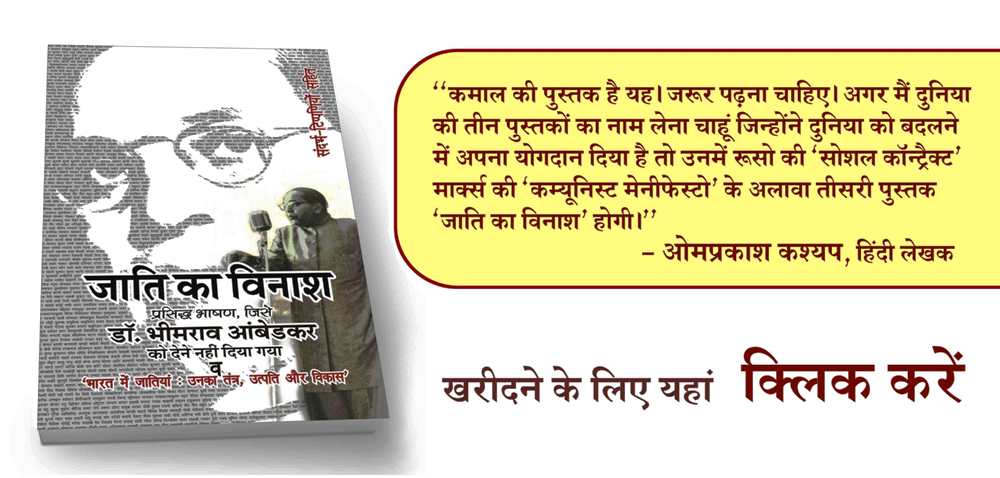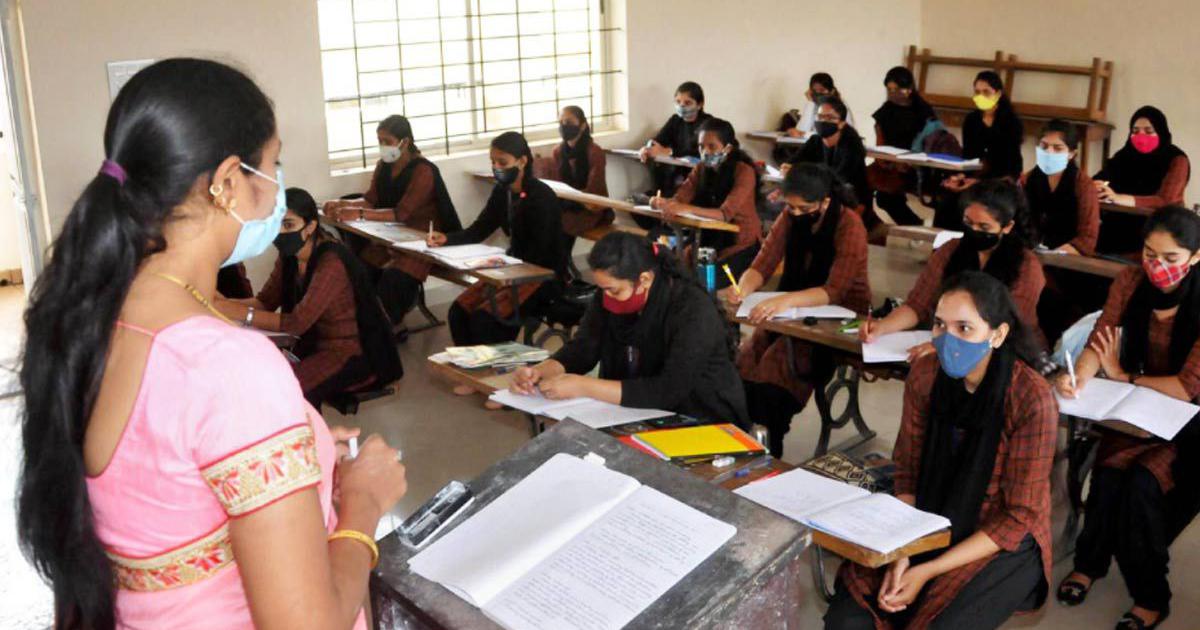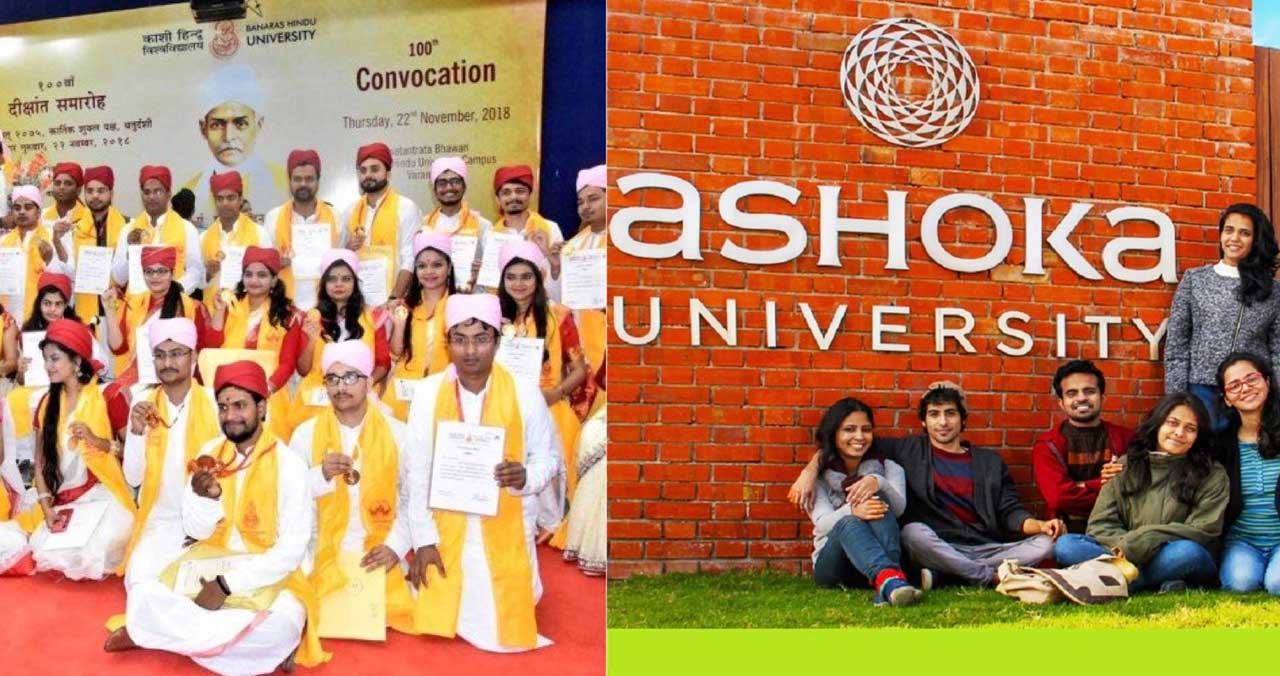On 28 November 2018, around 9.30 pm, Union Human Resource Development minister Prakash Javadekar took to Twitter to announce a new development. He wrote, “Happy to inform about Consortium for Academic and Research Ethics #CARE by @ugcindia to create a reliable reference list of quality journals from #India .” Javadekar also shared the notice issued by the UGC on the same day, i.e. 28 November 2018.
According to the notice, UGC’s vice-chairman would be chairman of CARE and its members would include representatives of government and government-recognized institutions working in the fields of socials sciences, humanities, arts, science, medicine, agriculture, and engineering. In addition, the Association of Indian Universities would also get representation in CARE, besides INFLIBNET (Information and Library Network).
The information which Javadekar was so happy sharing through Twitter, related to a notification issued by the UGC on 2 May 2018, through which 4,305 magazines and journals were dropped from the list of UGC-approved publications. The de-listed magazines included Forward Press, Online edition of Economic and Political Weekly, Samyantar, Hans, Vagarth, Jan Media, Gandhi Marg, etc.
UGC’s move was strongly opposed by the Indian academia, which questioned the so-called criterion fixed by the UGC for according approval to journals and magazines. The academia wanted to know who the members of the standing committee of the UGC were and at whose instance, the UGC drew up a list in which magazines contributing majorly to the building of knowledge were blacklisted.
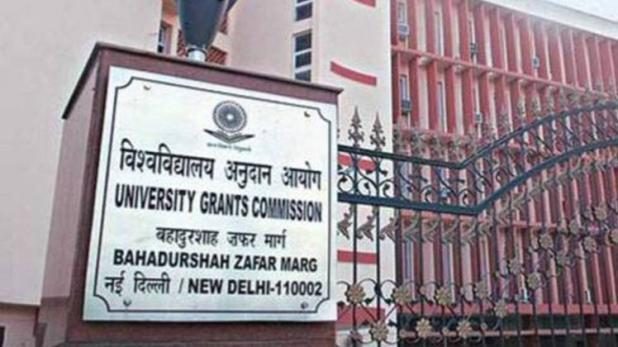
Now, the UGC is on the back foot. It has issued a public notice on 28 November 2018, announcing changes in the process of approving magazines. However, the new method has many twists and is hardly logical and wise. Neither representatives of the magazines nor independent intellectuals would have any role in the new process. Instead, only professors and representatives of government research bodies will take decisions. These are the very people who are responsible for poor-quality research in India. Given this fact, it is clear that the lists drawn up by them would only encourage nepotism and red-tapeism, instead of improving the quality of research
We are posting below the public notice issued by the UGC on 28 November 2018:
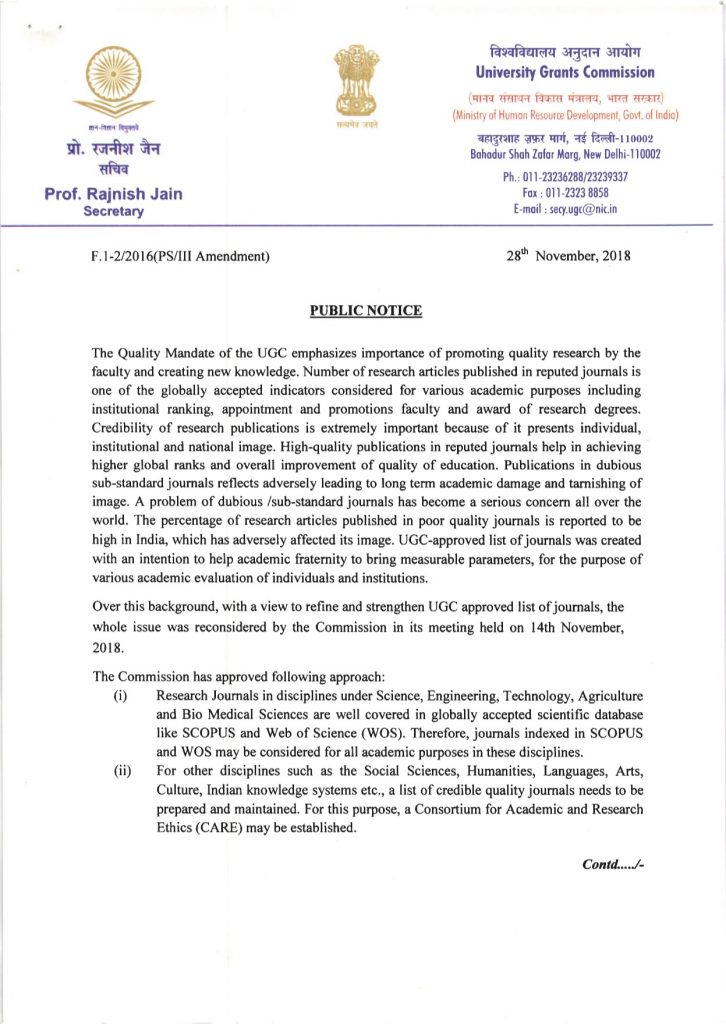


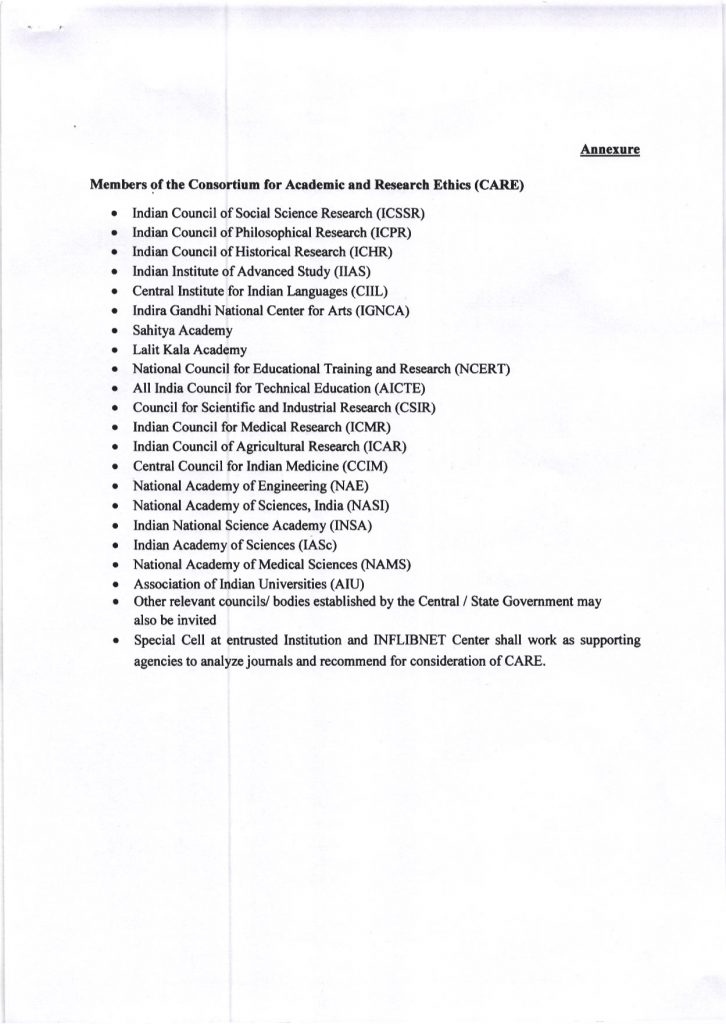
Translation: Amrish, copy-editing: Lokesh
Forward Press also publishes books on Bahujan issues. Forward Press Books sheds light on the widespread problems as well as the finer aspects of Bahujan (Dalit, OBC, Adivasi, Nomadic, Pasmanda) society, culture, literature and politics. Contact us for a list of FP Books’ titles and to order. Mobile: +917827427311, Email: info@forwardmagazine.in)
The titles from Forward Press Books are also available on Kindle and these e-books cost less than their print versions. Browse and buy:
The Case for Bahujan Literature
Dalit Panthers: An Authoritative History
